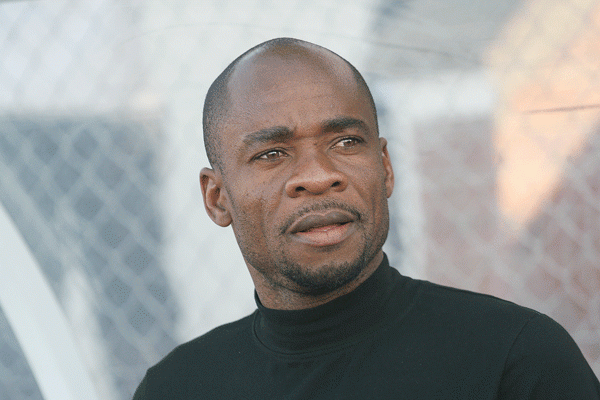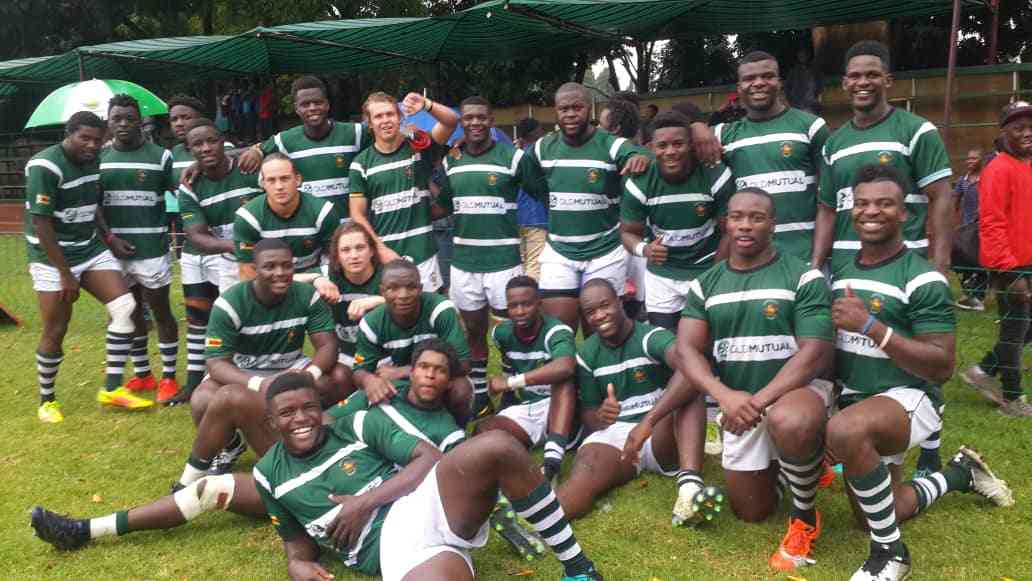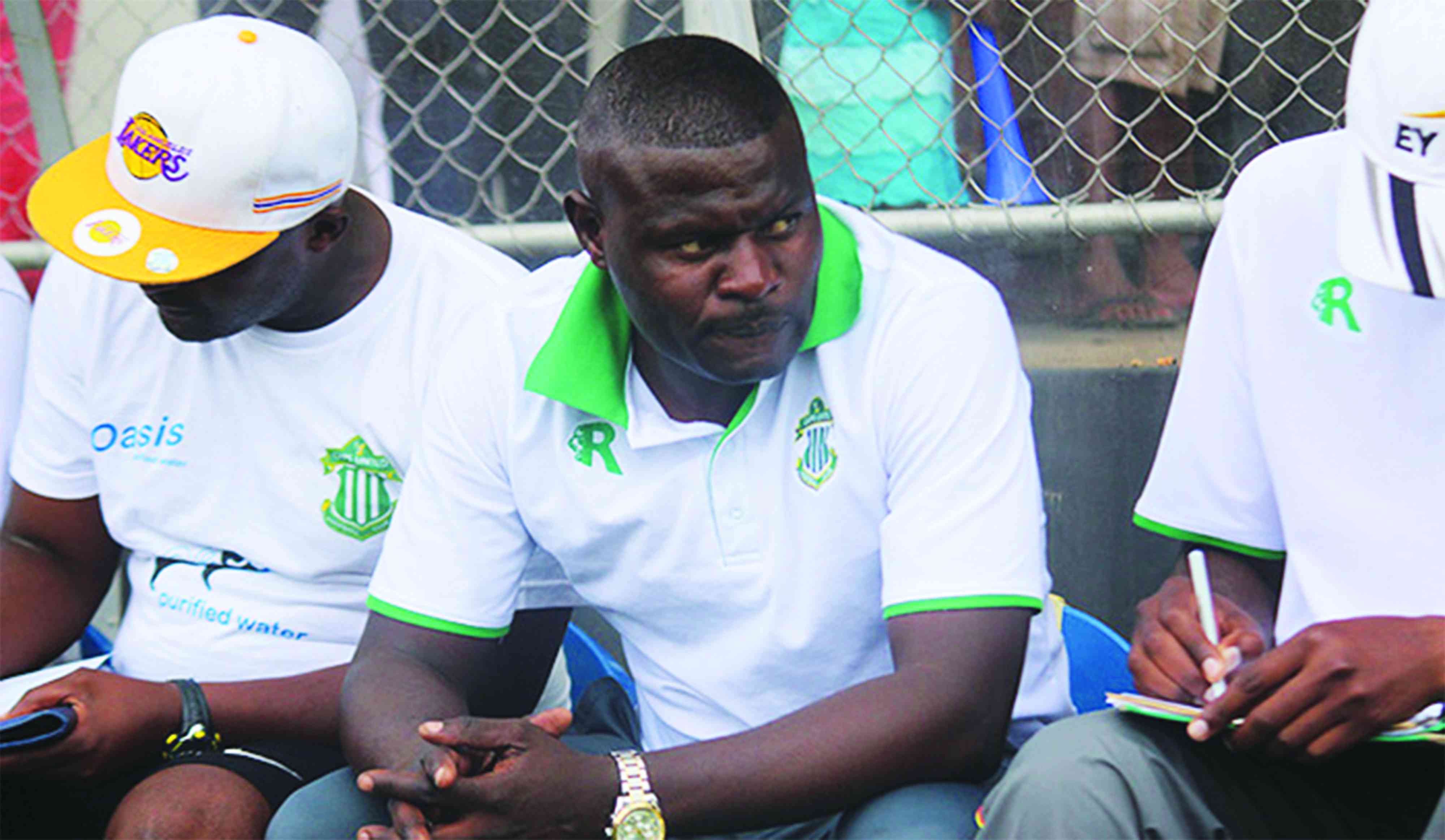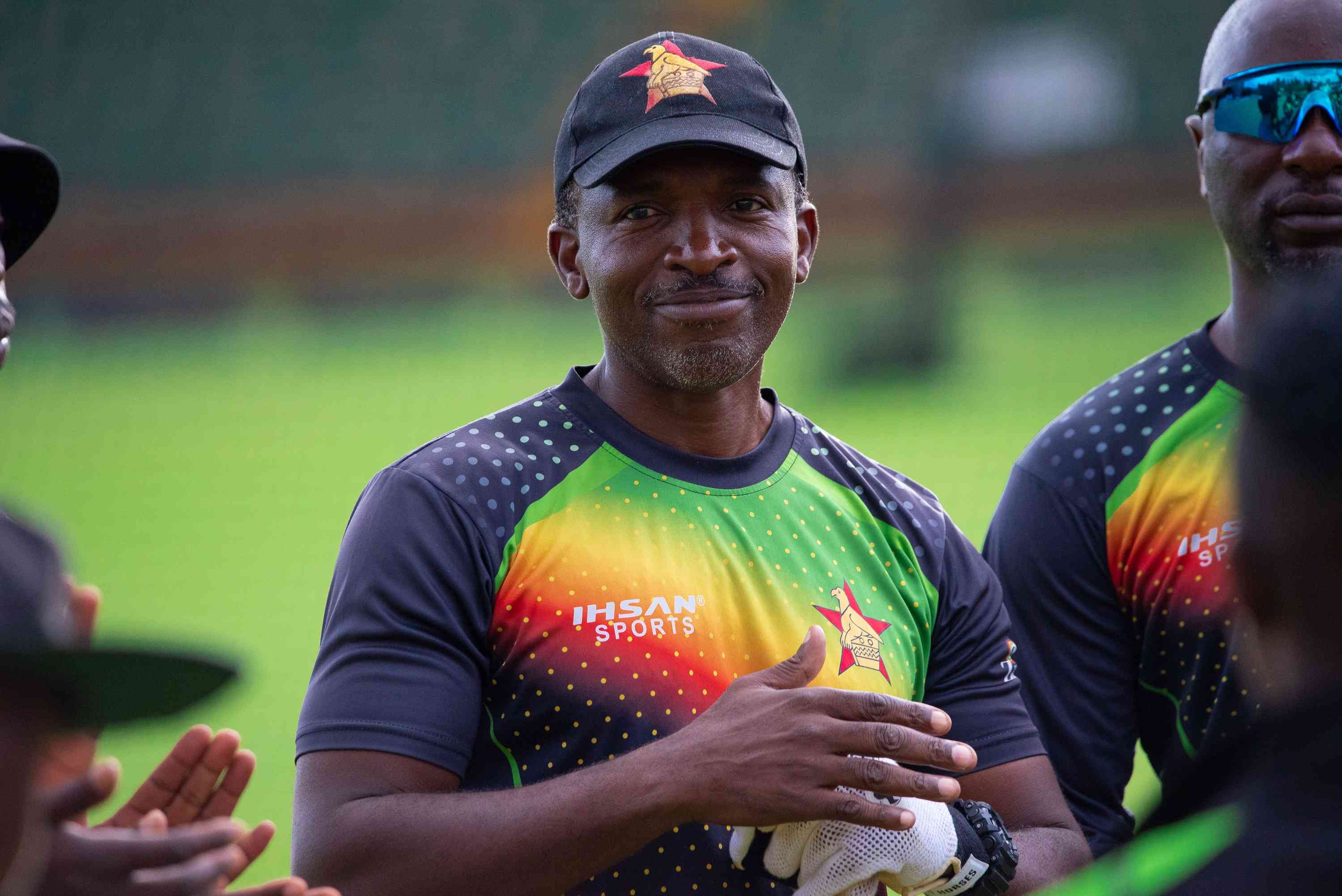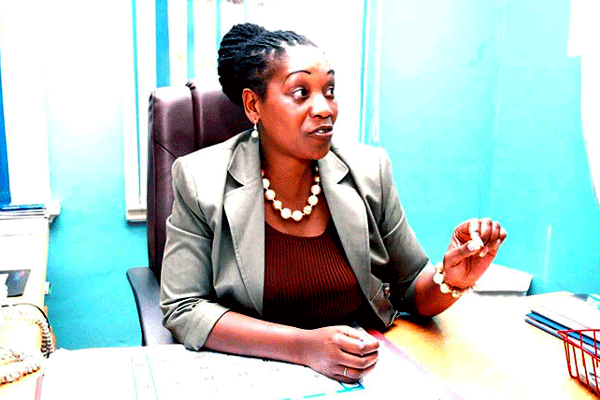
The convention on match-fixing, which ran for the past two days in Harare, came up with a number of resolutions to try and curb the scourge, among them, setting of minimum remuneration for athletes and the crafting of a piece of legislation dealing with results manipulation.
BY TAWANDA TAFIRENYIKA
The convention, organised by the Sport and Recreation ministry, also called for deterrent measures against those involved in age cheating.
The convention was organised on the background of allegations of football match-fixing which hit both Zimbabwe and South Africa two weeks ago.
A cartel involving former Warriors coach Ian Gorowa, the team’s assistant coach Nation Dube, former Zifa chief executive officer Henrietta Rushwaya and the association’s executive committee member Edzai Kasinauyo had allegedly planned to fix Zimbabwe’s Africa Cup of Nations (Afcon) qualifiers against Swaziland coming over the Easter holidays.
It is alleged that they wanted to manufacture defeats for Zimbabwe in both matches and had already approached certain players to help them.
Both nations have accumulated four points in Group L and defeats for Zimbabwe against Swaziland would extinguish any hope of qualifying for the finals.
- Chamisa under fire over US$120K donation
- Mavhunga puts DeMbare into Chibuku quarterfinals
- Pension funds bet on Cabora Bassa oilfields
- Councils defy govt fire tender directive
Keep Reading
The Warriors go into both matches as the favourites.
It is also alleged that there were some matches in the South African top-flight that were manipulated and investigations are also ongoing.
The Zimbabwean government reacted to the allegations by not only instituting swift investigations, but also organising the convention in a bid to proffer solutions to the scourge of results manipulation in sport.
Unlike South Africa that has laws specifically dealing with match-fixing, Zimbabwe does not have such, but the country could soon have such legislation.
The convention resolved that there should be legislation through an Act of Parliament or body to deal with the cases of match-fixing and protect the pillars and values of sport — hard work, integrity, honesty, respect and fair play.
They also resolved to have supportive punitive penalties for violation of laws on match-fixing.
The meeting did not only confine its discussion to match-fixing, but also delved into age cheating where it was agreed that it should be criminalised and there should be deterrent measures such as bans.
One way of curbing age cheating, it was noted, was the creation of a data base for athletes from the time they are at school.




